Competitions, an introduction
Cross Country is addictive, competitions are compelling
All over the world, throughout the year experienced organisers put together events to help a group of pilots meet and fly cross country together. These organisers figure out the best time of year for XC in their area, then schedule a comp. They assemble a team of support personnel to provide weather and local site safety briefings each day. Their local experts select the best site to fly each day. They appoint experienced pilots to select safe routes or tasks for the pilots to fly. They will also monitor weather conditions and can recommend you land should conditions deteriorate
They take responsibility for knowing if you have flown and ensuring that you are home safely at the end of the day
As you fly each day you can observe exactly how well you climb and glide against the other pilots. You can observe pilots making different tactical decisions to your own and discover immediately which decisions were more informed. You have the opportunity to make, validate and improve your XC decision making skills daily. Each evening you can gather, debrief, discuss and review how and why all these different tactical decisions were better or poorer than you own
Most competitions provide skills development lectures daily and social activities in the evening, often including BBQs. Some provide transport and retrieve to the sites and lunch on launch.
This is a lot of expert resource being dedicated to providing you with the infrastructure to get the best flying from the weather presented each day. The comp fees vary from $200 to $500 for the week, that figures out at between $30 to $60 per day – This is good value
How can I start flying comps?
What do you need to be able to take advantage of this? You need your usual XC flying gear and some help with the peculiarities of preparing and flying with a larger group of pilots each day, then some confidence. You need a week’s vacation to coincide with the comp at which you can spend the first several of those days figuring out how the comps work. Or you can spend a weekend with us where we get you ready in advance so that you get full value for your week’s vacation
This clinic is for pilots who know comps offer great value and excellent learning opportunities, who want to take advantage of comps with the minimum of time wasting to get the most value for their precious vacation time
A typical day consists of morning discussion, afternoon task flying with evening debrief and analysis.
Some of the skills and topics discussed include:
- Competition equipment, setup, preparation and usage
- Taskboard
- Launch priorities and strategy
- Task starts, race starts
- Gaggles
- Marking up thermals for other pilots
- Staying in the air
- Getting to goal
- Uploading tracklogs
- Checking scores
Full retrieve and transport provided
The cost of the course is divide between the pilots on the course, we have a limit of 3
The course cost is $600 daily
Dates
See the calendar or enquire for your personal dates
FAQ
What do I need to bring
Glider, harness, helmet, vario, gps, radio
A reserve is mandatory
Water, sunscreen, sunnies
How do we set up our GPS
Your GPS should be set to a coordinate system of degrees.degrees (d.ddddd)
If you want to keep an useful tracklog you should be taking tracklog points every second, depending on the storage capacity of your GPS unit
What is involved in the skills development?
An important part of the event is individual and group goal orientated skills development.
We work with each pilot to identify areas of opportunity to develop and improve individual skills. We discuss and agree strategies to work towards measurably improving those skills. We jointly identify achievable goals that over time demonstrate how well those strategies are working.
Some of these opportunities are discussed and developed before the event via an internet based remote skills development process.
All of these opportunities, strategies and goals are documented and become part of a skills improvement package that you take away with you to continue to use and develop your flying.
What radio do we need?
In Australia we use a UHF CB frequency range around 476/7 mhz, the radios need to be CTCSS (tone squelch capable)
Radio frequency will be UHF 12 (476.7mhz), tone squelch 79.7 hz (Jiri radio PRIV2)
How does the retrieve system work?
- All pilots need a clear inflight radio communications system (we can work with you to help you get this properly sorted out), a GPS and a cell phone.
- We all fly from the same site each day, as you fly you routinely radio to the retrieve driver your GPS position based on bearing, height and distance from launch . If they have not heard from you frequently enough they will ask you for updates. We can find you based on this information alone
- A SPOT or Delorme satellite GPS tracking system is mandatory. This unit will transmit your coordinates via satellite (does not need cell phone coverage) to our driver. We can also track you whilst you are flying. We can rent you one if you give us notice
- When you land you use your tracker to send your GPS coordinates to the retrieve driver
- You will need to land or walk to a vehicle accessible road, we will not haul you out of dense bush. Remember a good looking track may have locked gates so be smart and focus on landing beside paved (sealed)roads.
- The retrieve driver has a vehicle based GPS that will accept your coordinates and guide the driver to you, they also have maps of the area
Photos
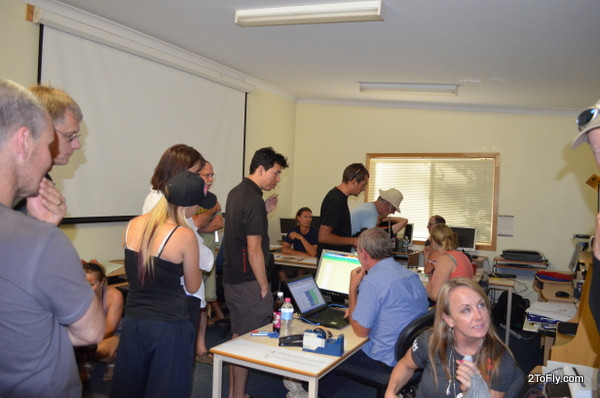
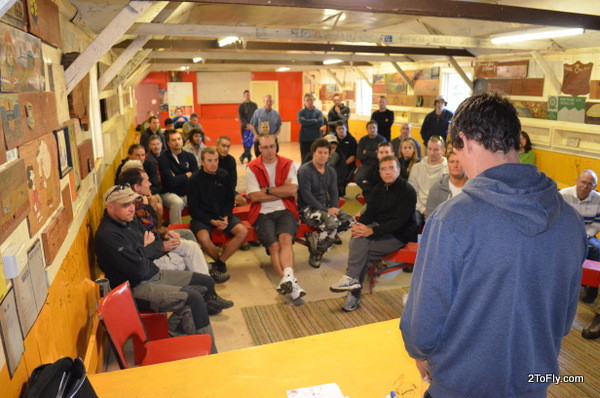
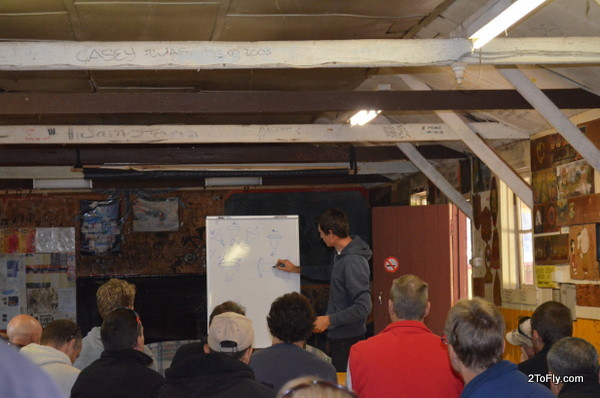
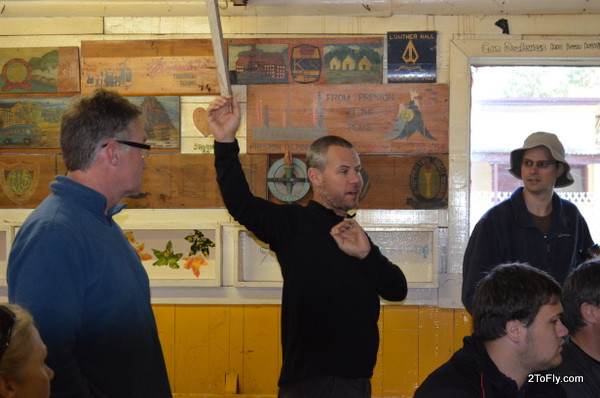
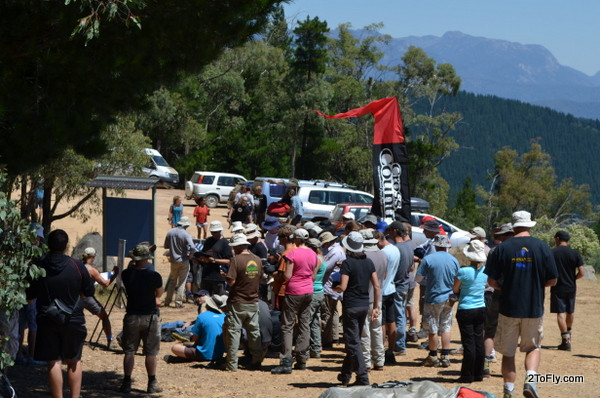
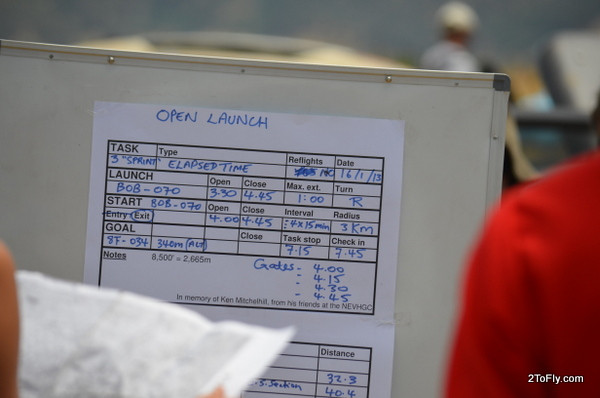
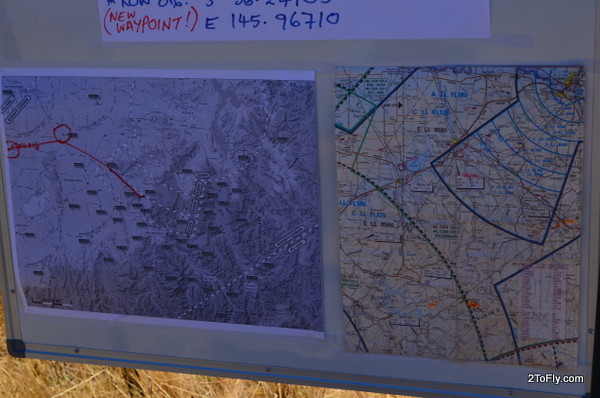
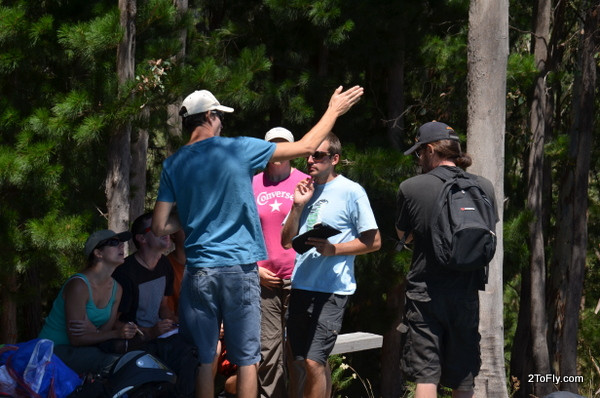
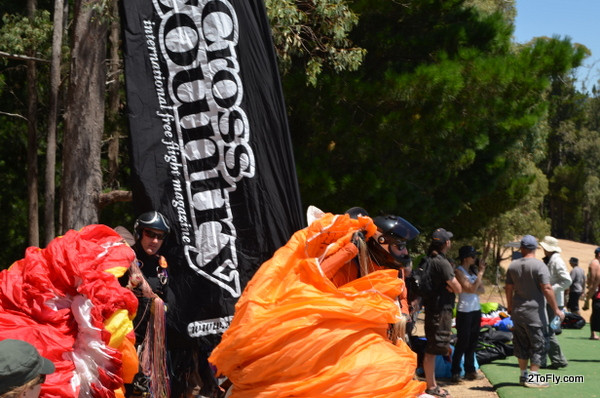
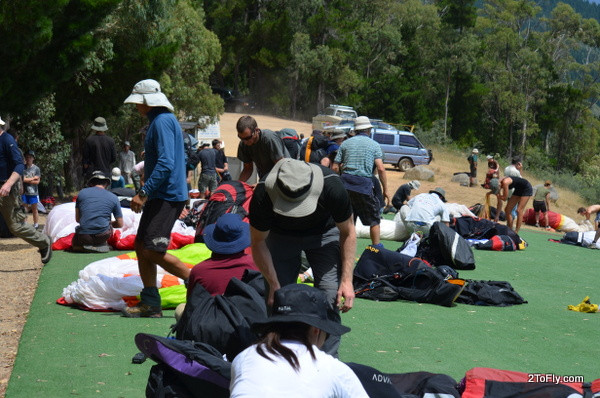
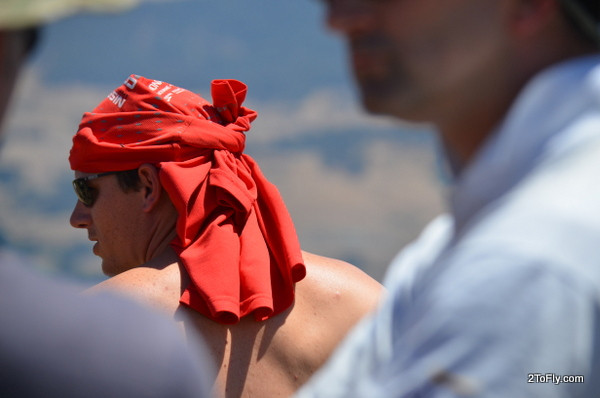
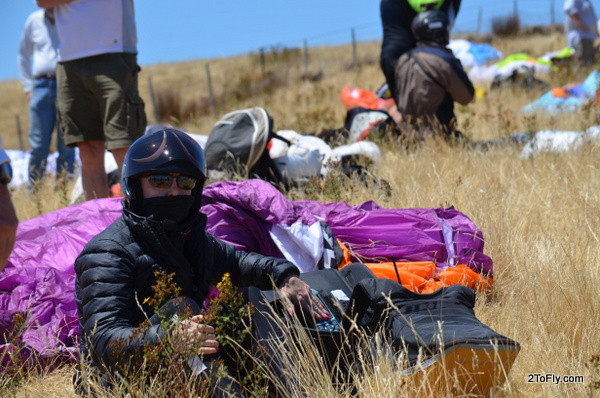
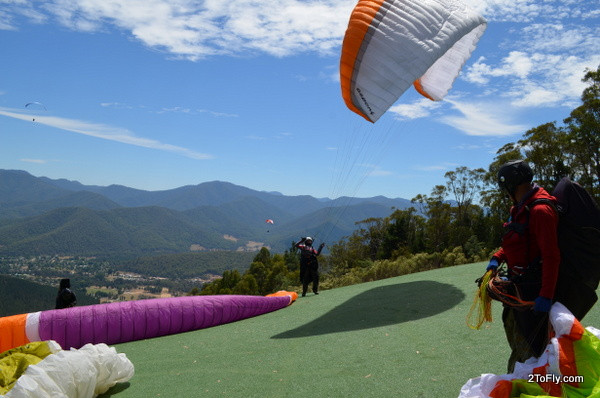
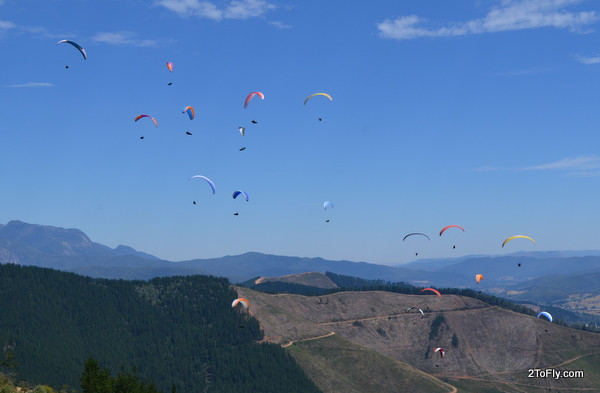
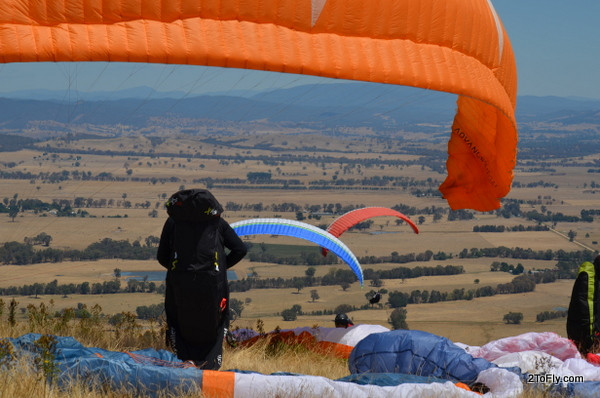
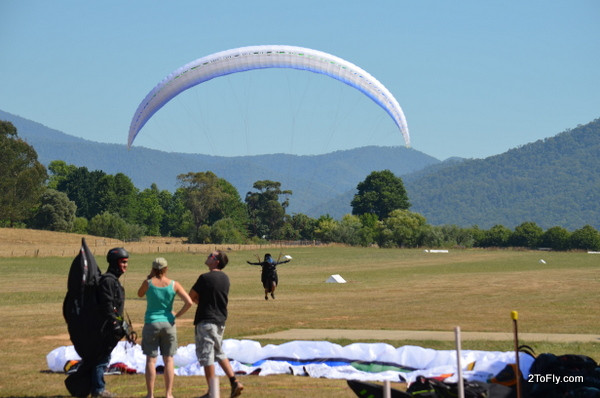
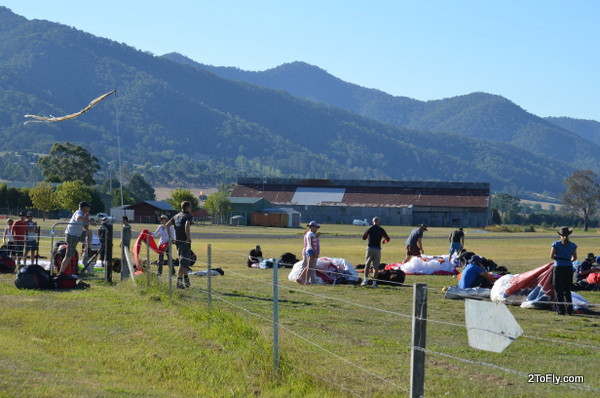
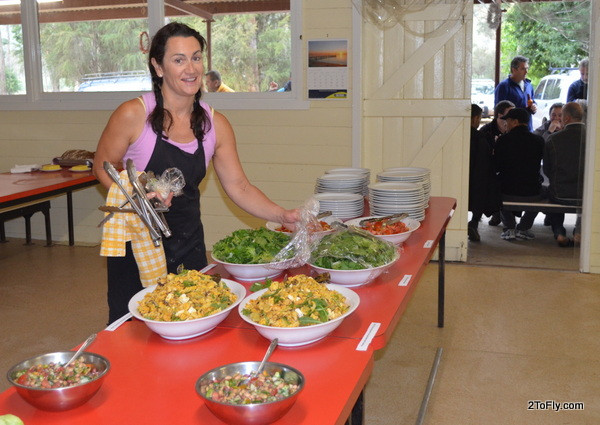
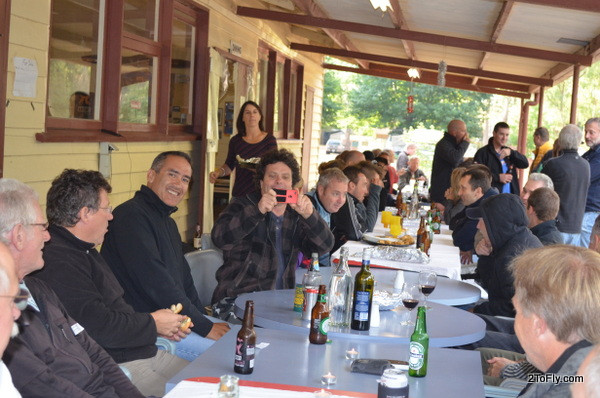
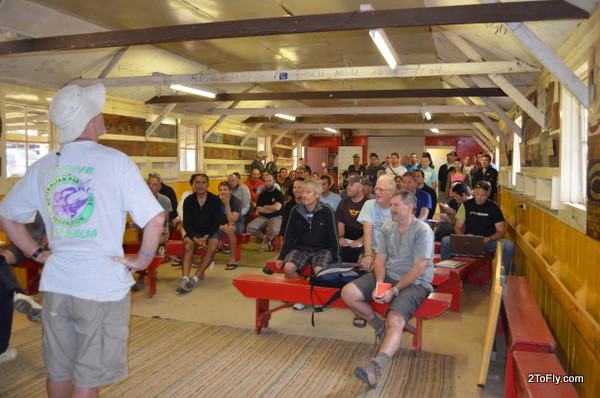
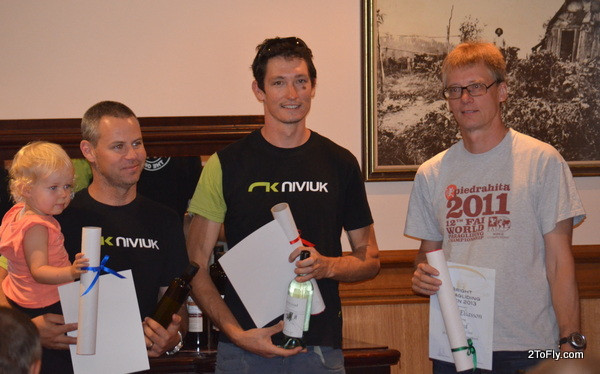
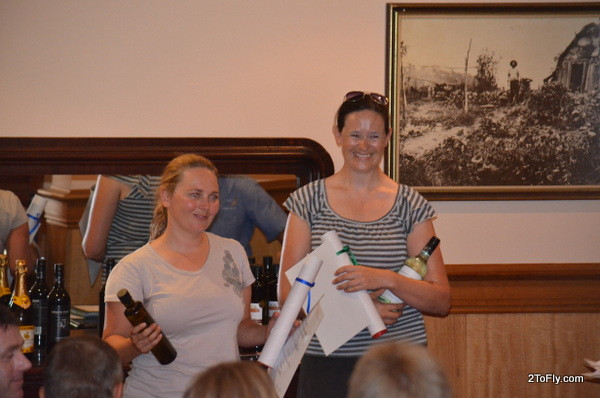
Clinic calendar
If you cannot see a date that suits you or there is a clinic scheduled and you are not sure if you are suitable for it then don’t be shy, contact us to talk it thru
PG2 to PG3 development course
An intensive 2 days to take you towards your PG3
Alpine tow endorsement
Tow endorsement course, also helps PG2 pilots to gain 10 more flights and another site Pilots will have the opportunity to fly Mystic during the clinic
Alpine tow endorsement
A tow endorsement clinic from Bright
There will be time to get to Mystic for some Alpine flying during the clinic
Alpine tow endorsement
Tow endorsement course, also helps PG2 pilots to gain 10 more flights and another site Pilots will have the opportunity to fly Mystic during the clinic
Competition calendar
There are no events to display
Bookings
Bookings
To book please check the dates of your event then contact us via the Enquiries page.
Be sure to let us know the dates you are interested in
We will then follow up with you to be sure we have you on the right event
If you have any questions call on +61 (0)417 530972 or skype to brianmwebb
Payments
Payments can be made by bank transfer or PayPal
Bank transfer
Bendigo Bank: BSB 633 000
Account name: XCkms
Account number: 122842537
PayPal
Regret this bears a 2% addition to cover administration costs
Please pay to webbie@XCkms.com





what can we work on?
Good understanding of thermal production and locations, wind layers and flows, convergence and air-masses. Choosing the good option and flying in the right direction
The conscious decision to be more or less conservative based on observation and situations.
Confidence in your ability to make and execute decisions and in doing so perform well.
Brian, Barb, Phil and Chris,Thanks very much for the course this weekend. Your advice, support and skill has lead to what I hope is a big step in my progression and something that with hindsight, I had underestimated the importance of.I’ve been reviewing my footage, and on the last tow I managed 10 stalls and two spins at the top of the box.I went from sloppy, physically demanding, all over the shop, stalls, to clean entries and exits that involved little or no ‘sorting out’ (aka; twisted reverse spirals).Probably most importantly, I’ve developed a new level of respect for my wing and harness, that I think will make me safer into the future.Forecast tomorrow looks excellent!
Recognising and acting on the need to alter one’s behavior or course of action to achieve different outcomes or goals.
The ability to launch in a variety of conditions, getting into the air when required.
The ability to locate, track and climb well in thermals both alone and in a large gaggle
Imminent events
PG2 to PG3 development course
An intensive 2 days to take you towards your PG3
Alpine tow endorsement
Tow endorsement course, also helps PG2 pilots to gain 10 more flights and another site Pilots will have the opportunity to fly Mystic during the clinic
Alpine tow endorsement
A tow endorsement clinic from Bright
There will be time to get to Mystic for some Alpine flying during the clinic
Alpine tow endorsement
Tow endorsement course, also helps PG2 pilots to gain 10 more flights and another site Pilots will have the opportunity to fly Mystic during the clinic





